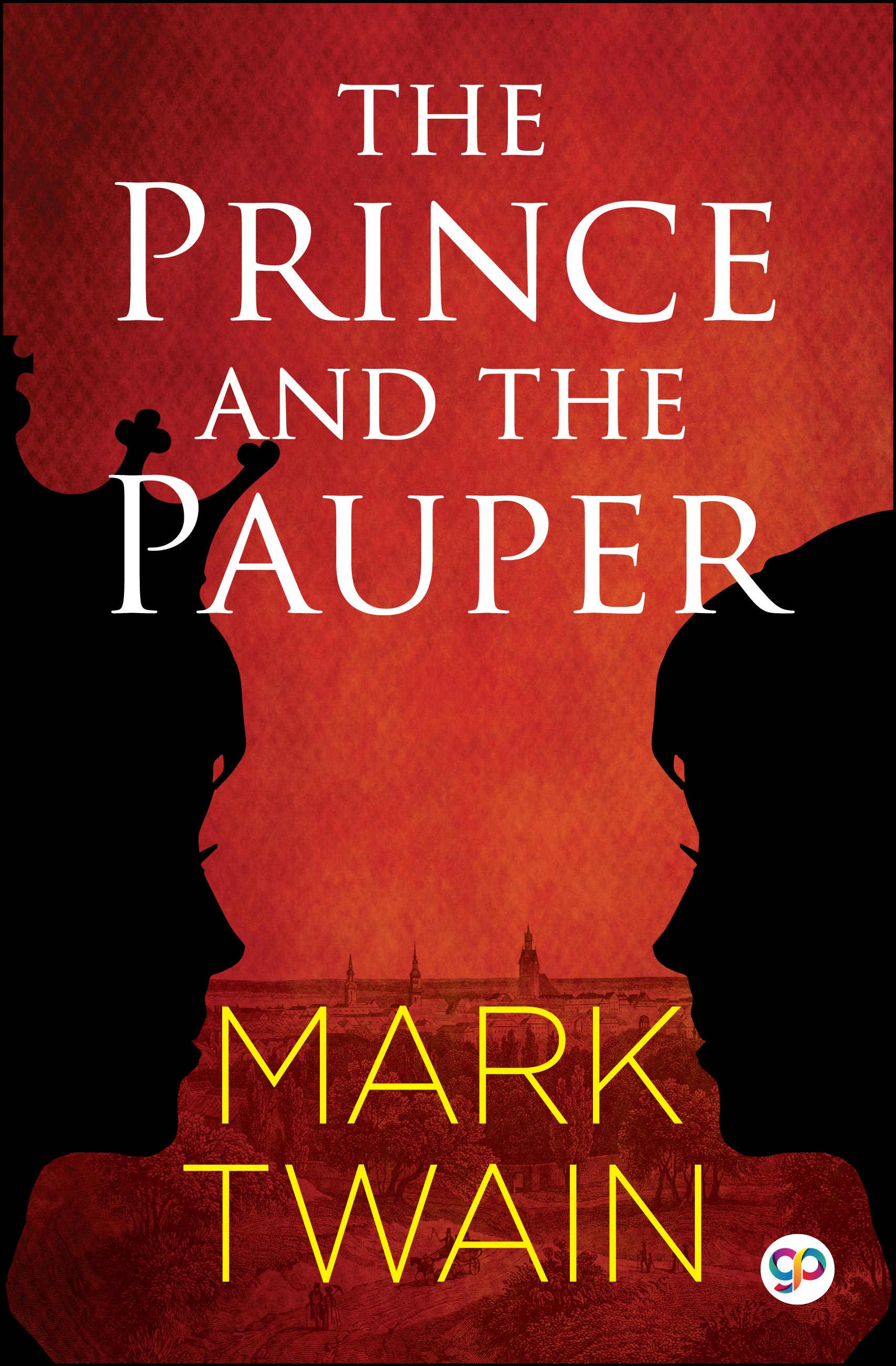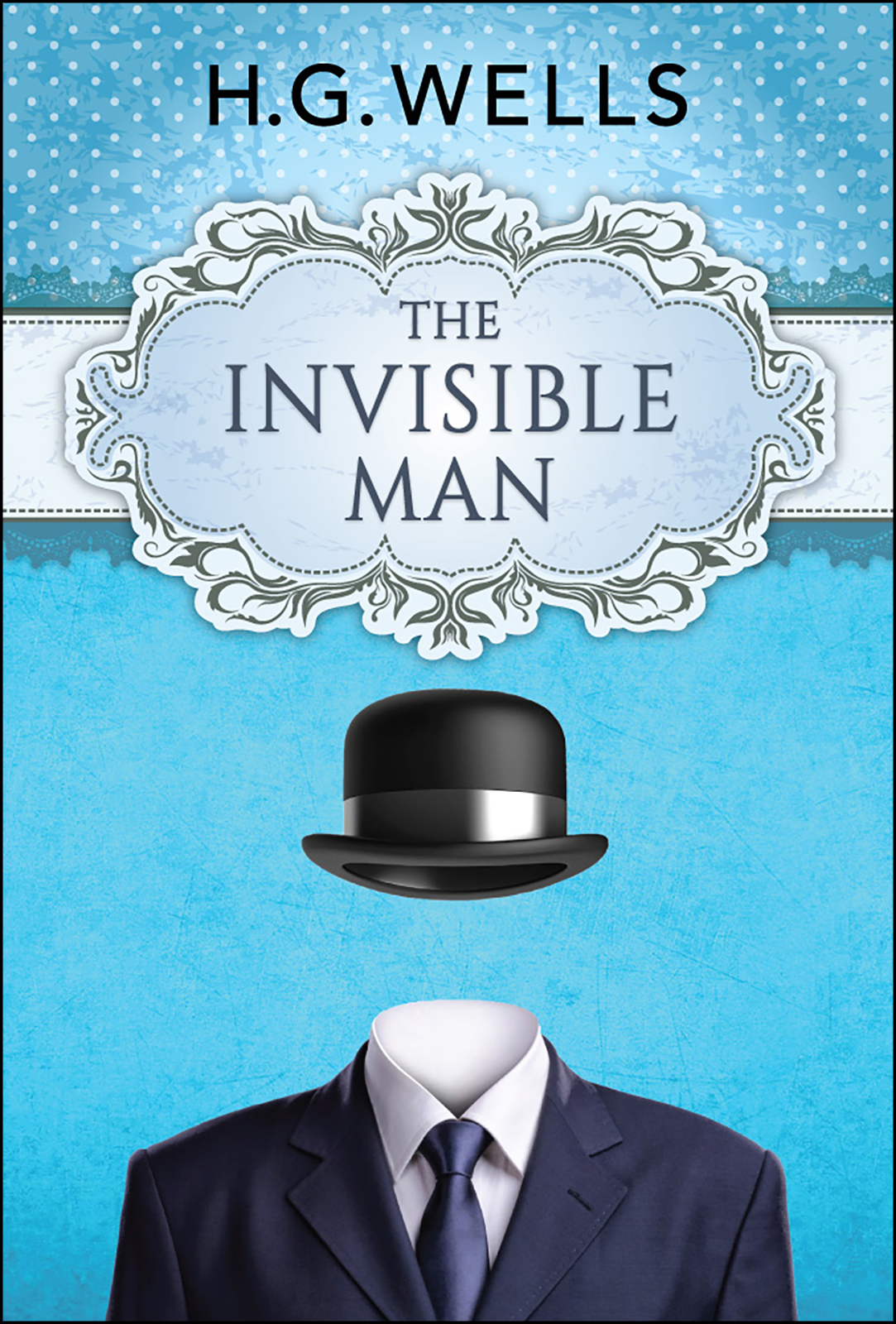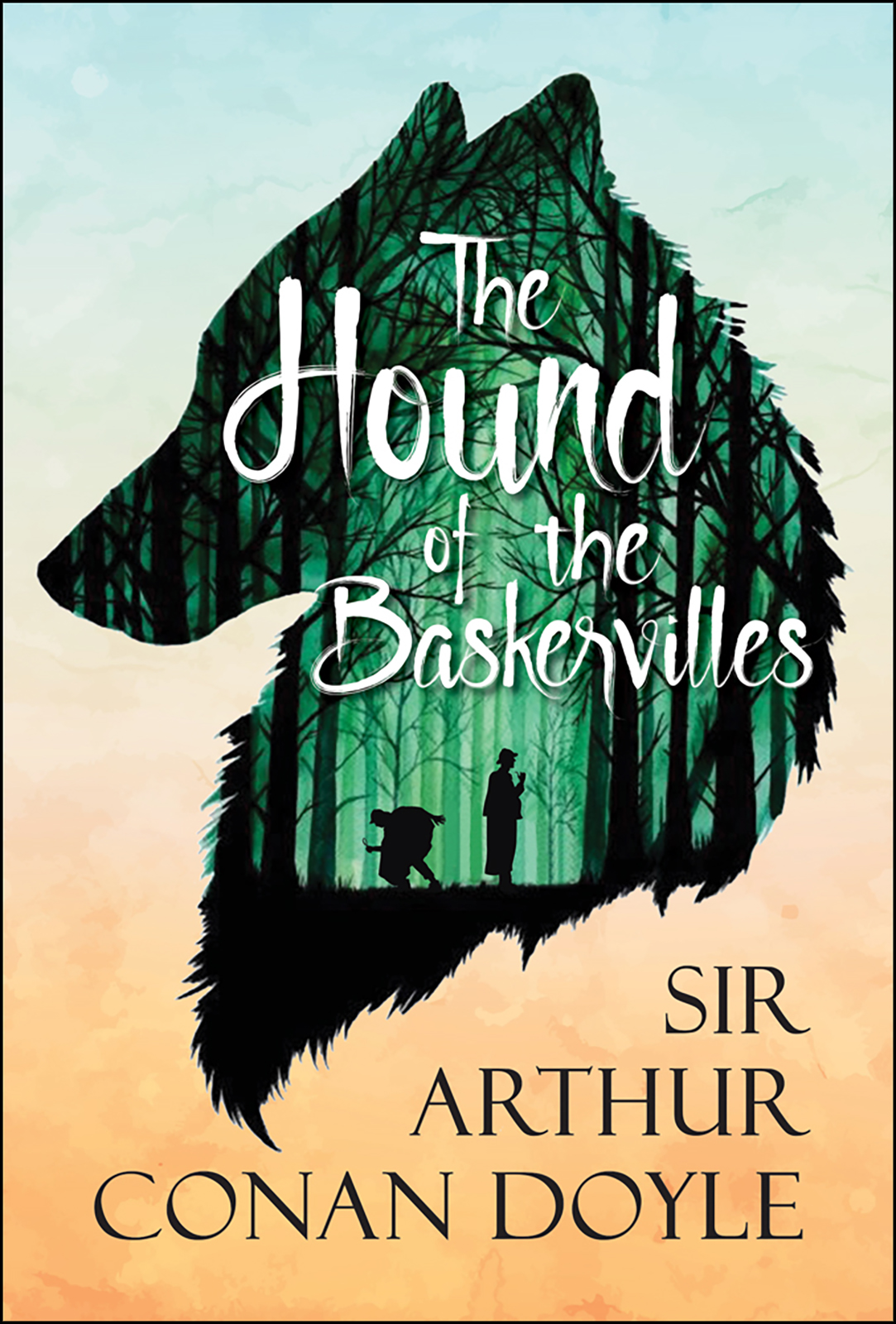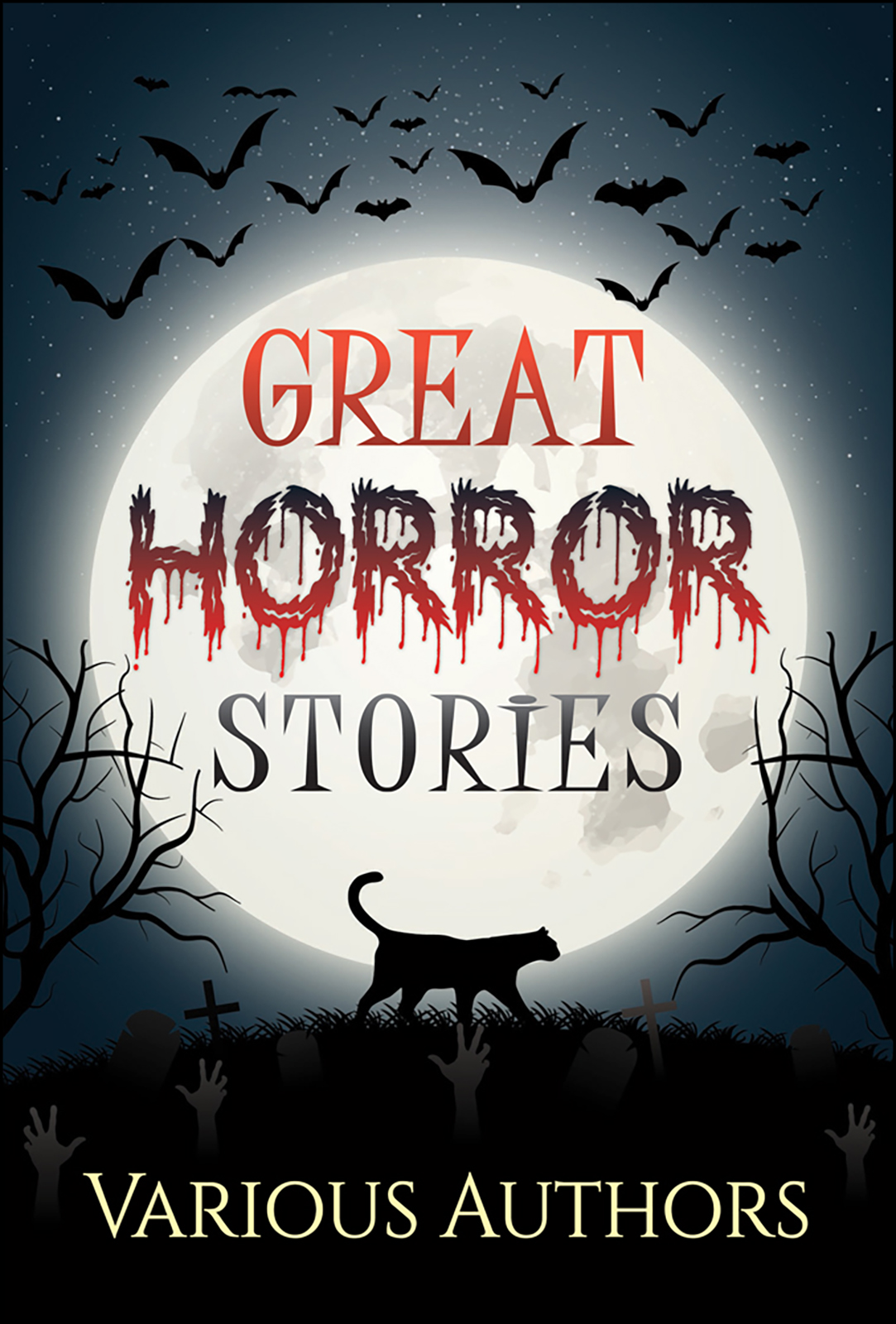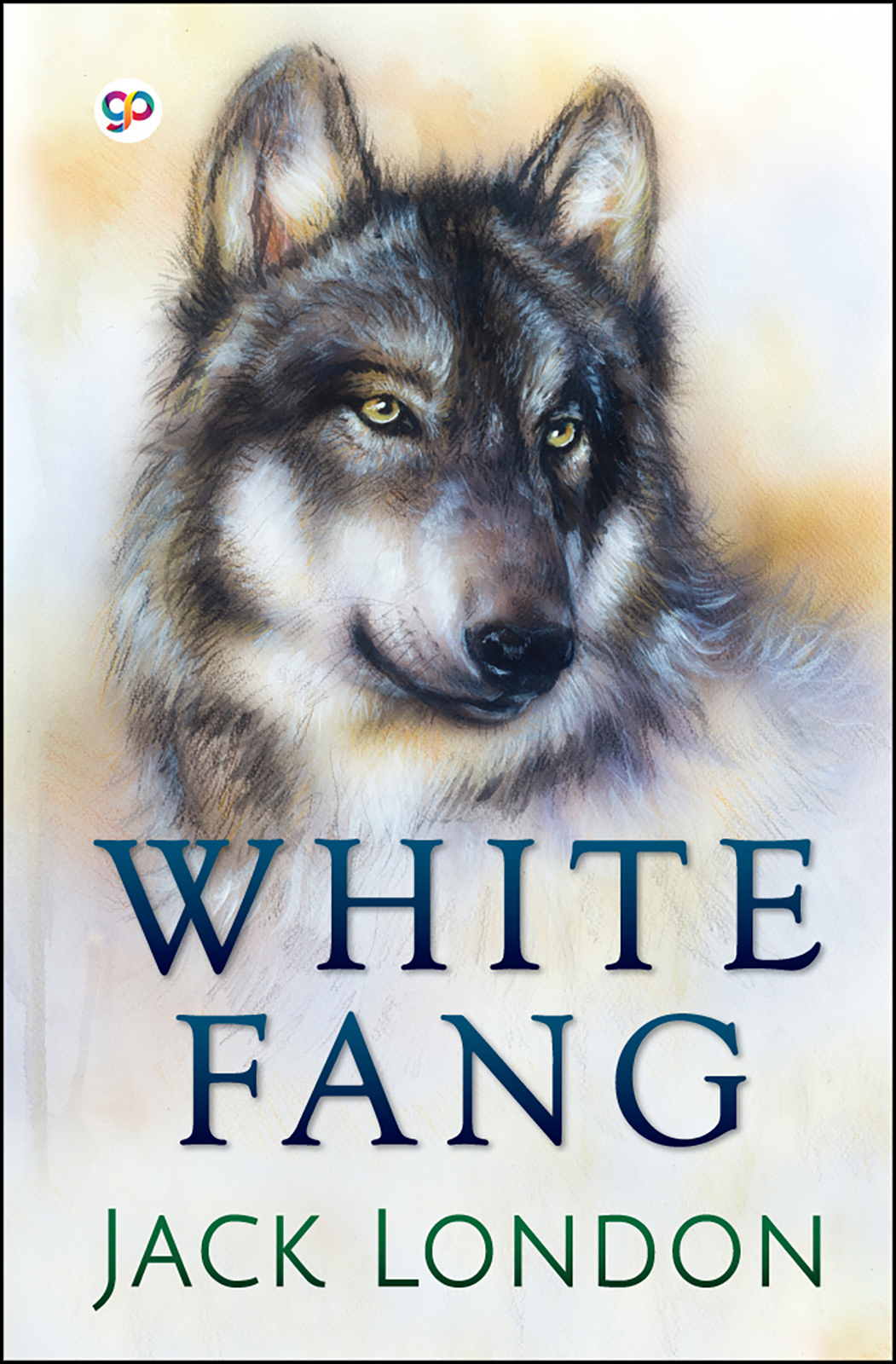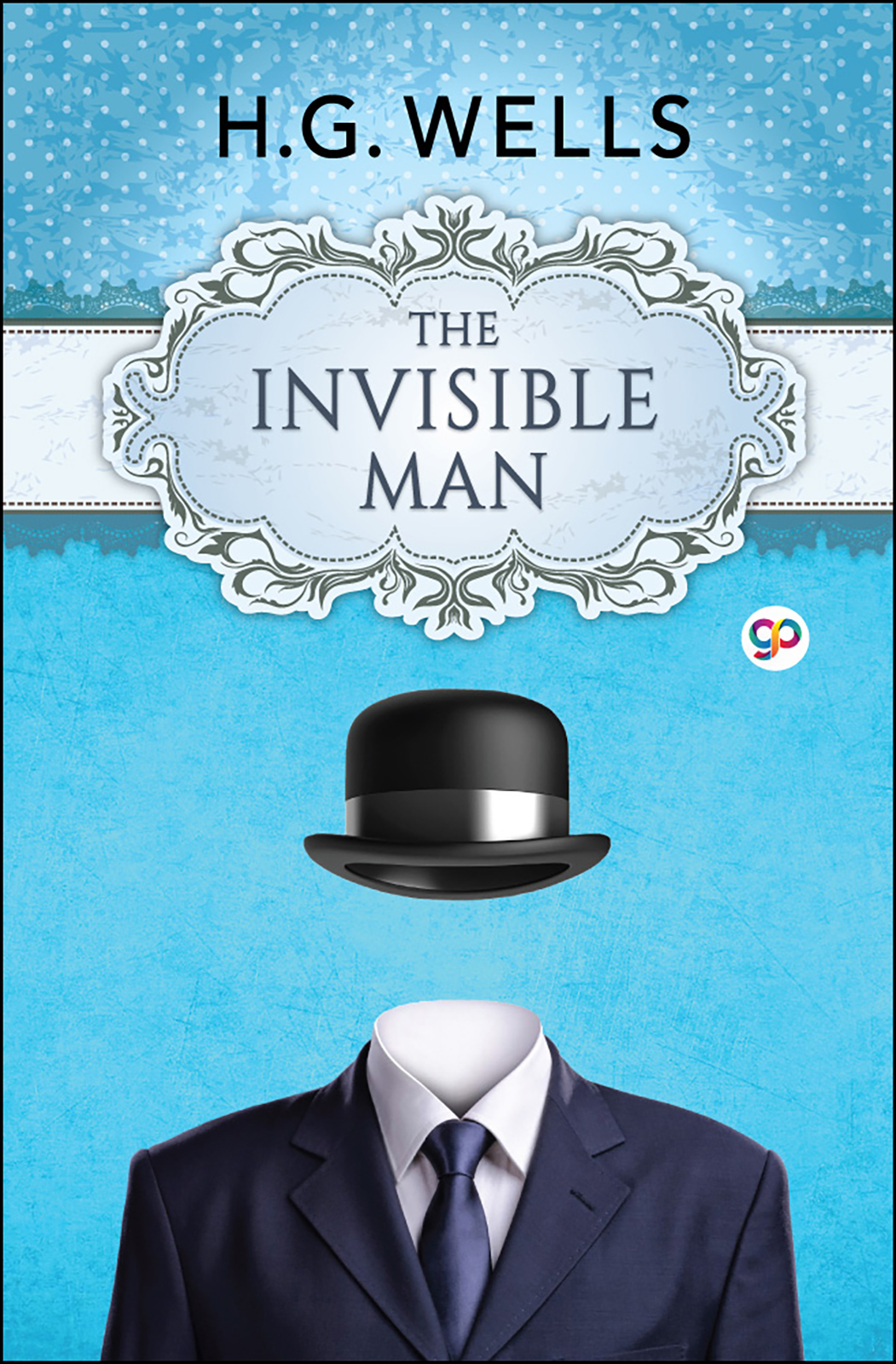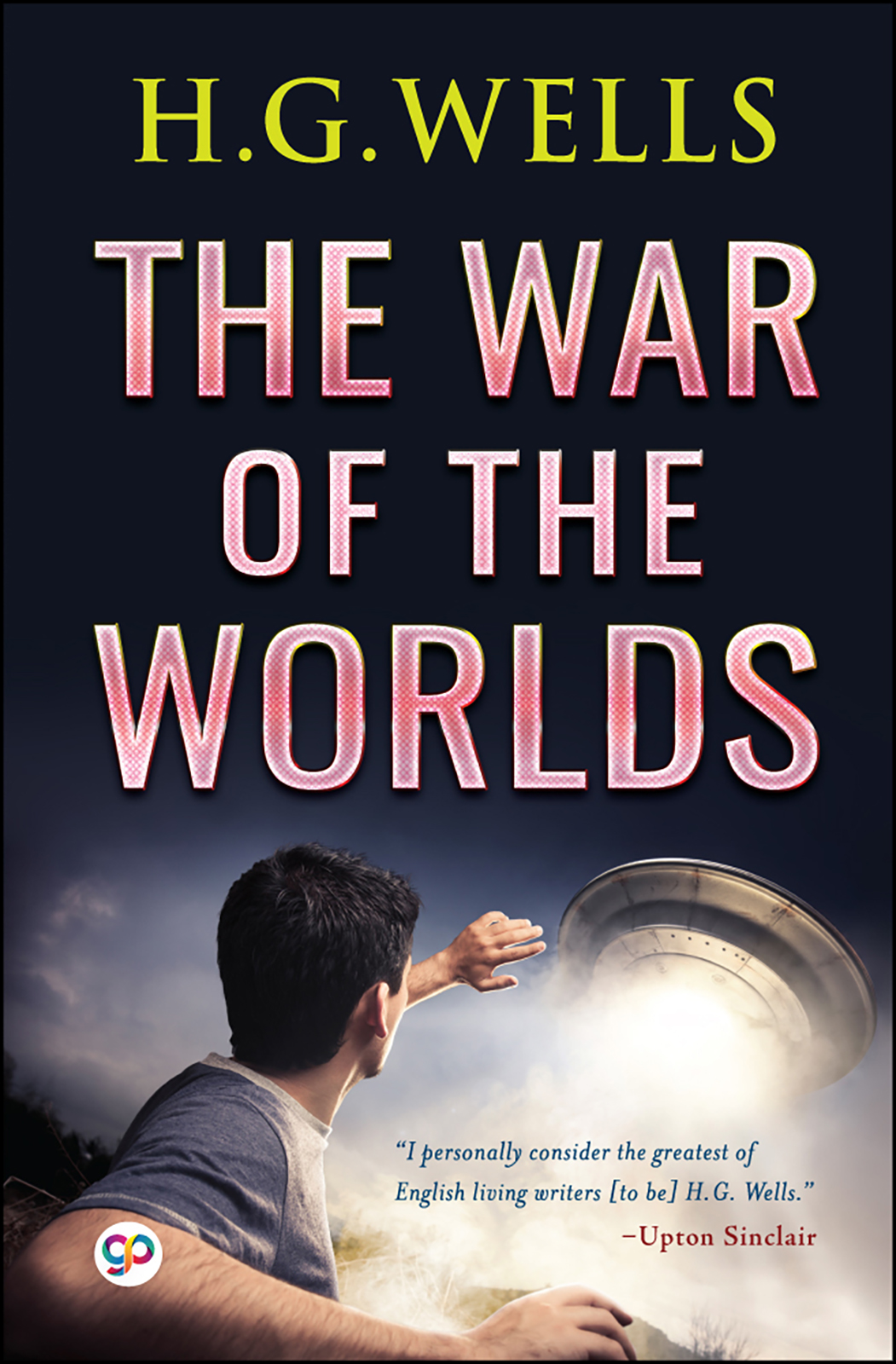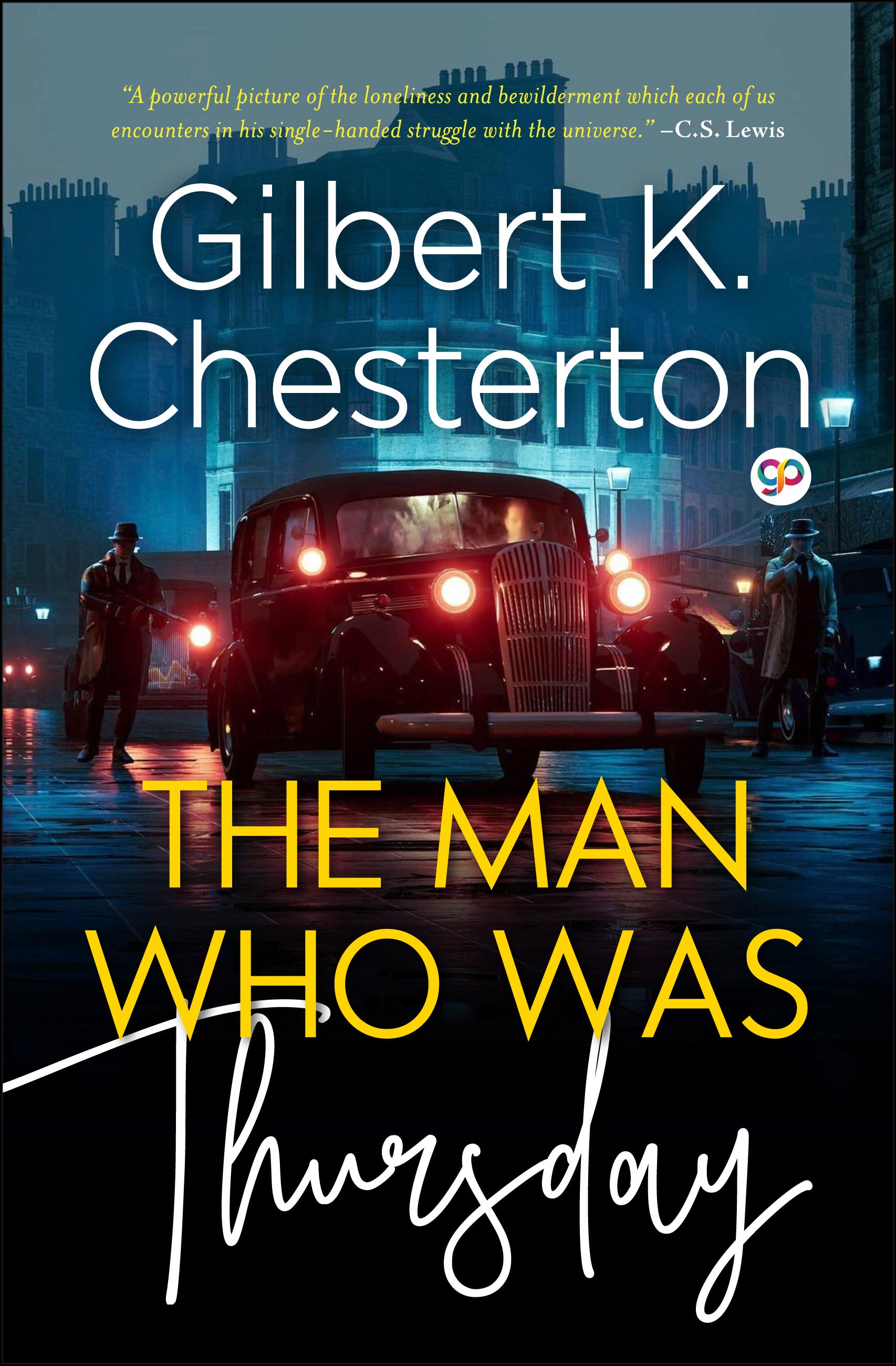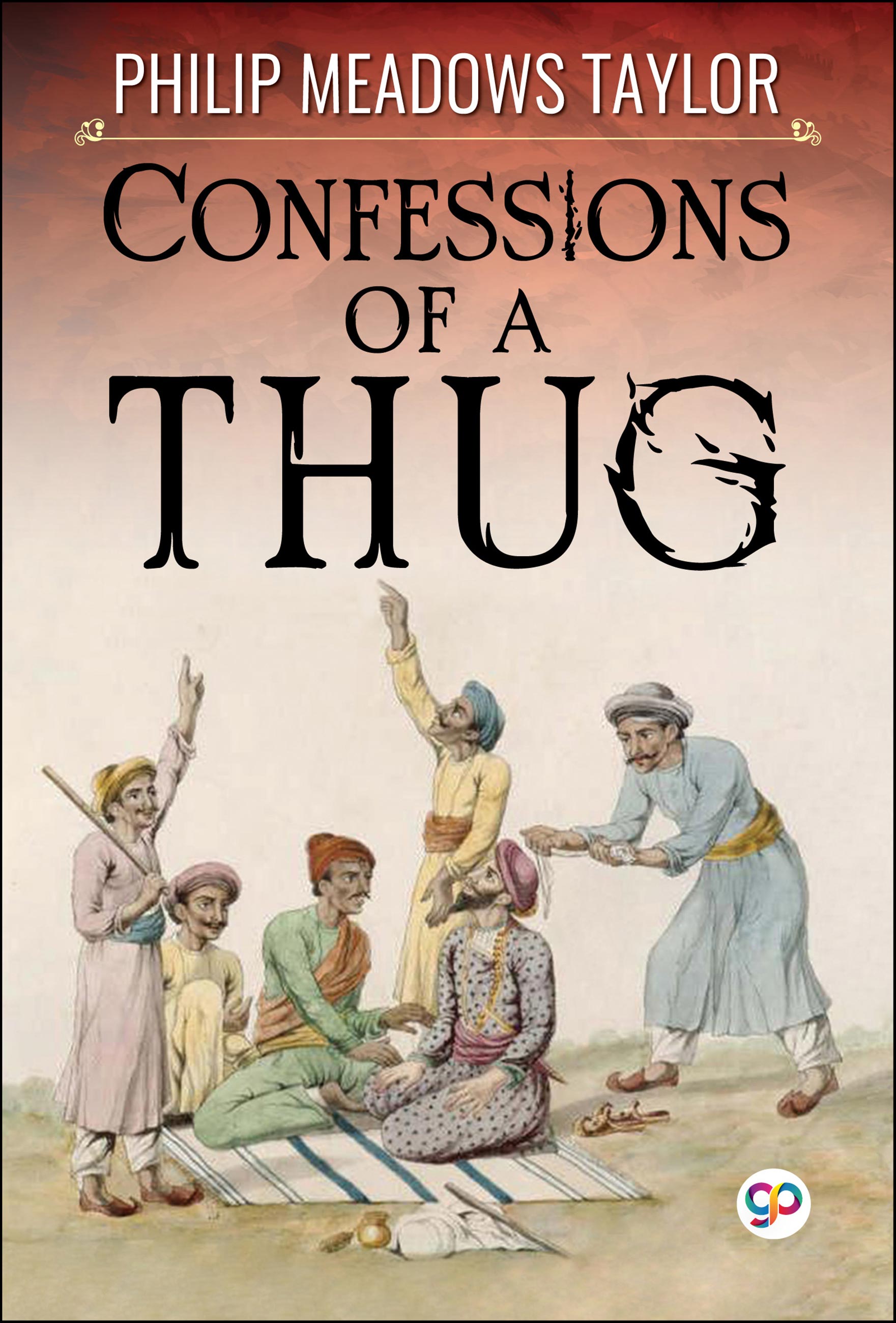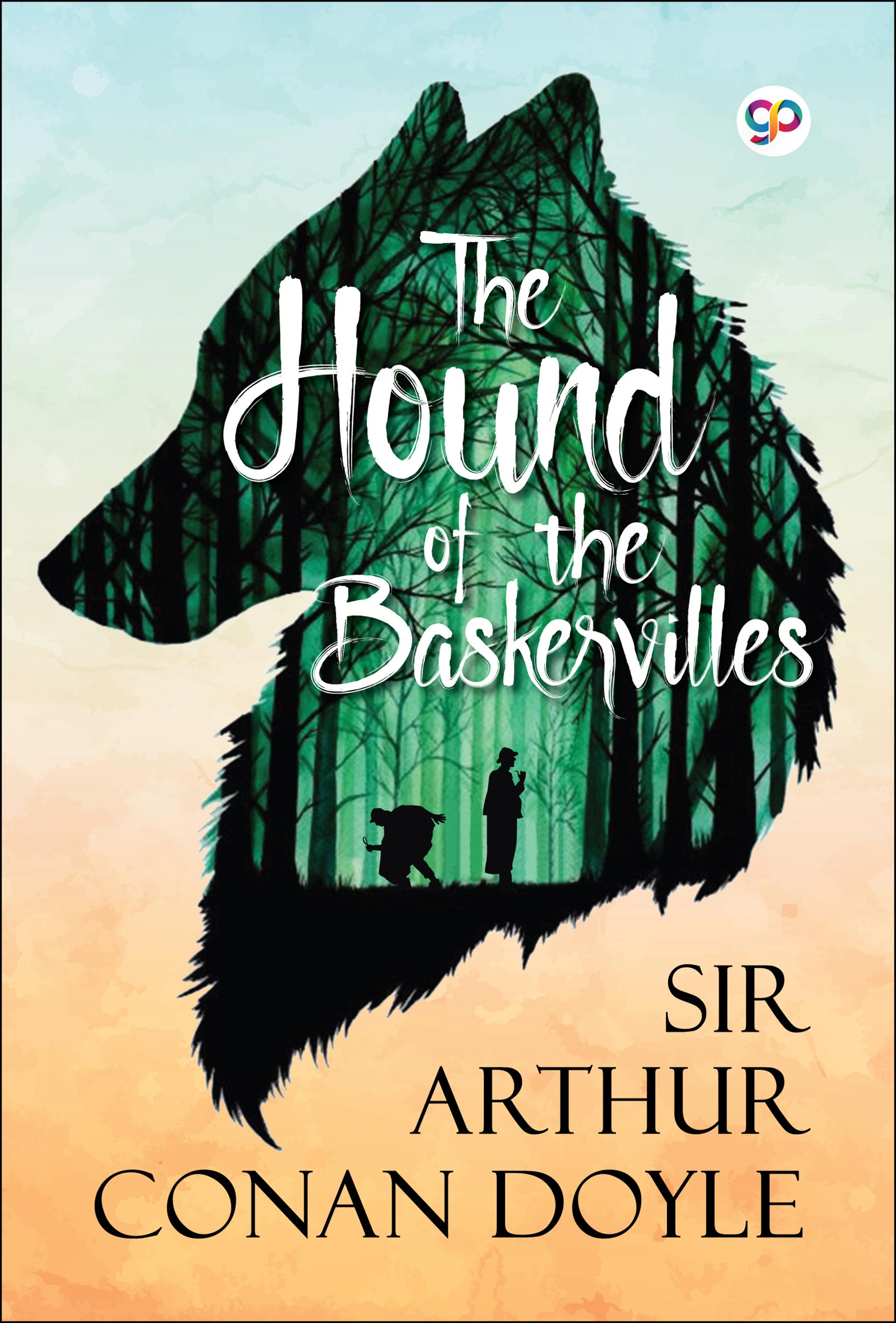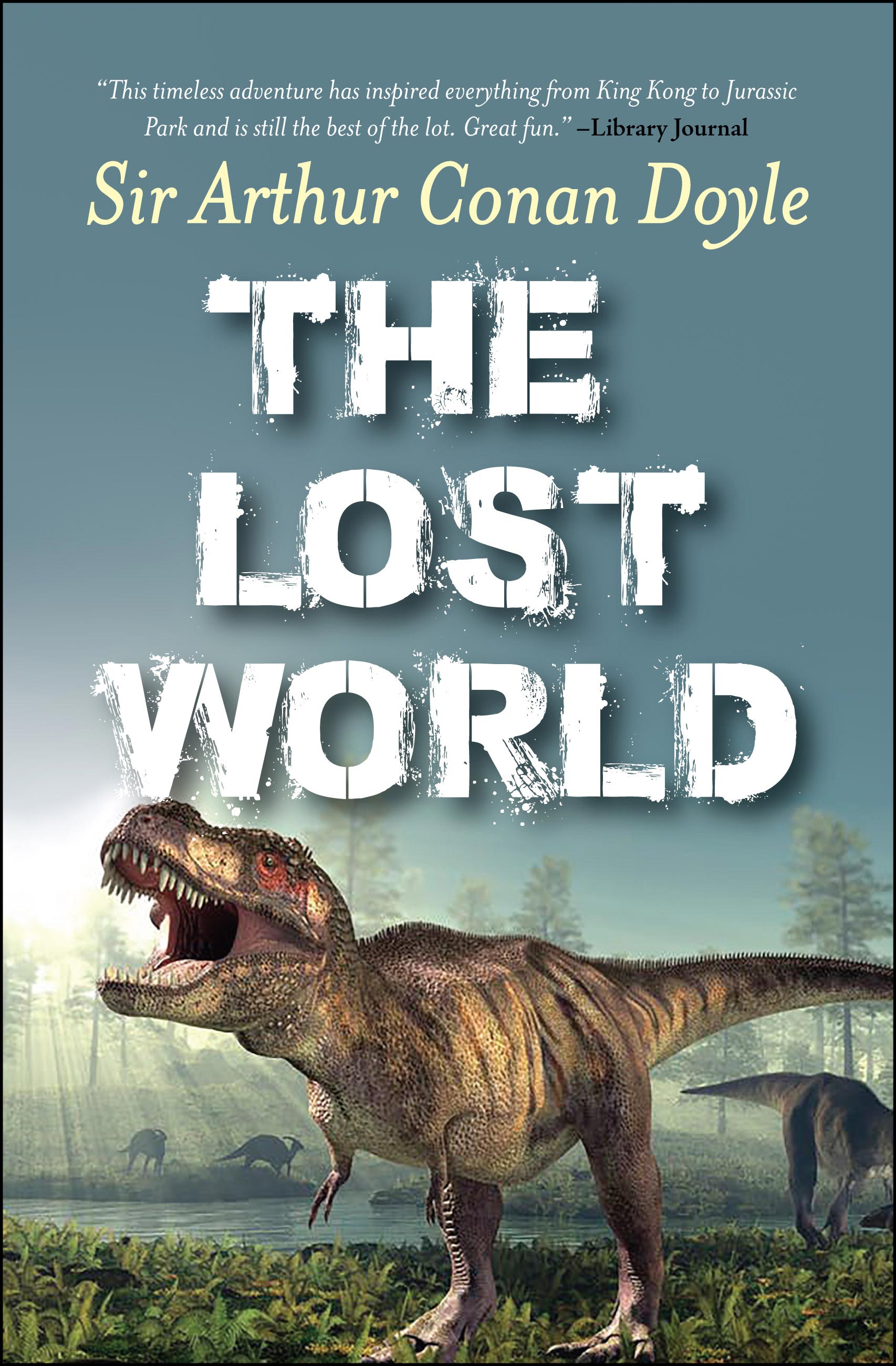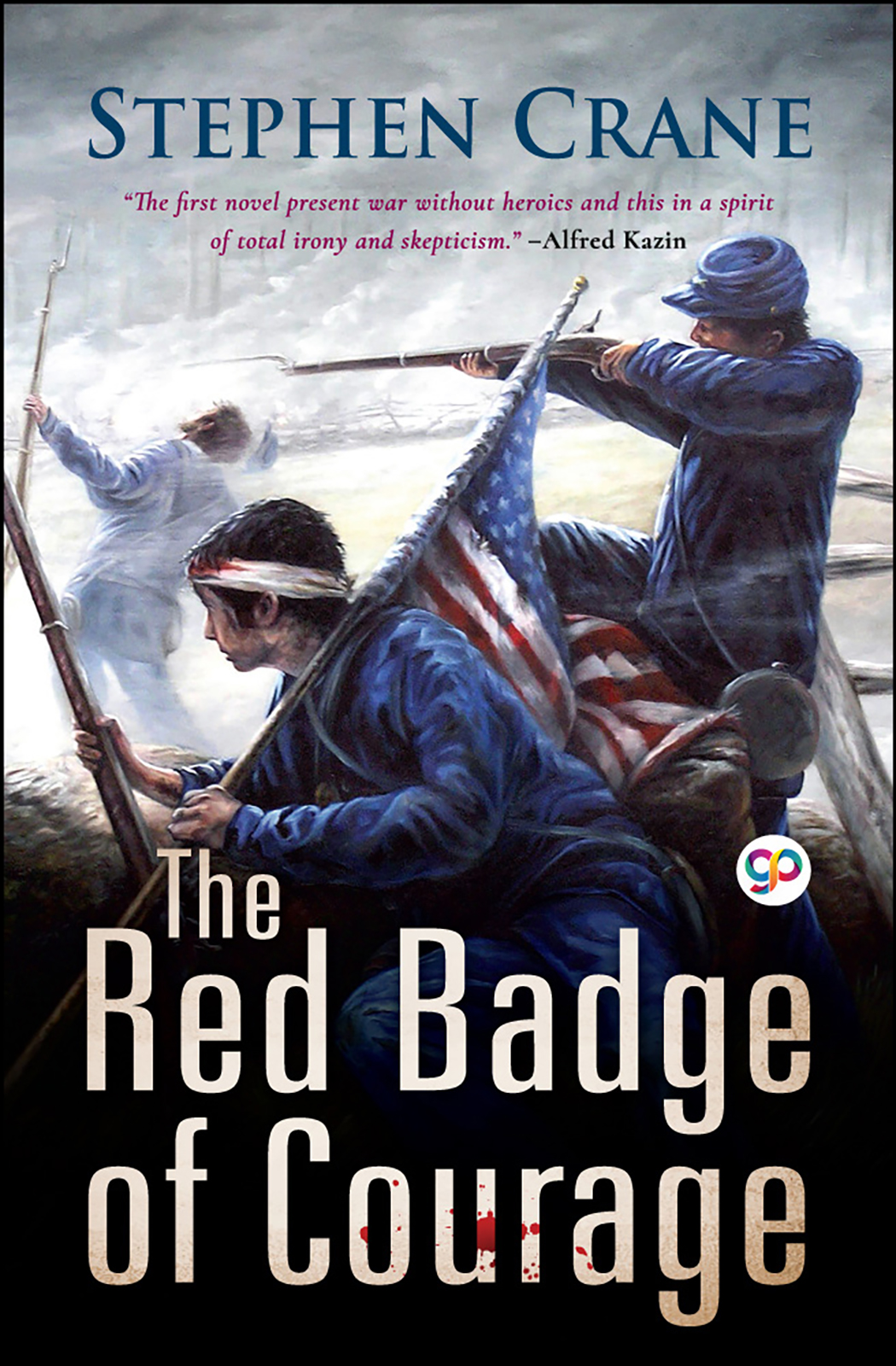
The Red Badge of Courage (Paperback)
Written by Stephen Crane at the age of twenty-one, The Red Badge of Courage is one of the greatest war novels of all time-so groundbreaking that critics consider it to be the first work of modern American fiction. It is a realistic and terrifying account of the Civil War and the fear that a young soldier must face on the battlefield as well as within himself. It is a classic modern depiction of the psychological turmoil of war from the perspective of an ordinary soldier. The story revolves around Henry Fleming, a member of the 304th regiment of the Union Army, serving during the American Civil War. At the start of the novel Henry is eager to show his patriotism in battle but when faced with the savagery of death, he flees the frontline. Ashamed of his behavior, Henry spends the rest of the life trying to redeem his earlier cowardice. Instantly popular from its original publication, brought Crane instant notoriety in the United States and abroad. Although Stephen Crane did not participate in any Civil War battles, the novel is known for its realistic portrayal of the battlefield.
BEST SELLERS
About the Author
Stephen Crane (November 1, 1871 – June 5, 1900) was an American poet, novelist, and short story writer. Prolific throughout his short life, he wrote notable works in the Realist tradition as well as early examples of American Naturalism and Impressionism. He is recognized by modern critics as one of the most innovative writers of his generation. The ninth surviving child of Protestant Methodist parents, Crane began writing at the age of four and had published several articles by the age of 16. Having little interest in university studies, he left college in 1891 to work as a reporter and writer. Crane's first novel was the 1893 Bowery tale Maggie: A Girl of the Streets, generally considered by critics to be the first work of American literary Naturalism. He won international acclaim in 1895 for his Civil War novel The Red Badge of Courage, which he wrote without having any battle experience. In 1896, Crane endured a highly publicized scandal after appearing as a witness in the trial of a suspected prostitute, an acquaintance named Dora Clark. Late that year he accepted an offer to travel to Cuba as a war correspondent. As he waited in Jacksonville, Florida, for passage, he met Cora Taylor, with whom he began a lasting relationship. En route to Cuba, Crane's vessel the SS Commodore, sank off the coast of Florida, leaving him and others adrift for 30 hours in a dinghy. Crane described the ordeal in "The Open Boat". During the final years of his life, he covered conflicts in Greece (accompanied by Cora, recognized as the first woman war correspondent) and later lived in England with her. He was befriended by writers such as Joseph Conrad and H. G. Wells. Plagued by financial difficulties and ill health, Crane died of tuberculosis in a Black Forest sanatorium in Germany at the age of 28. At the time of his death, Crane was considered an important figure in American literature. After he was nearly forgotten for two decades, critics revived interest in his life and work. Crane's writing is characterized by vivid intensity, distinctive dialects, and irony. Common themes involve fear, spiritual crises and social isolation. Although recognized primarily for The Red Badge of Courage, which has become an American classic, Crane is also known for his poetry, journalism, and short stories such as "The Open Boat", "The Blue Hotel", "The Bride Comes to Yellow Sky", and The Monster. His writing made a deep impression on 20th-century writers, most prominent among them Ernest Hemingway, and is thought to have inspired the Modernists and the Imagists. Bio from Wikipedia, the free encyclopedia. Photo by unknown author [Public domain], via Wikimedia Commons.

